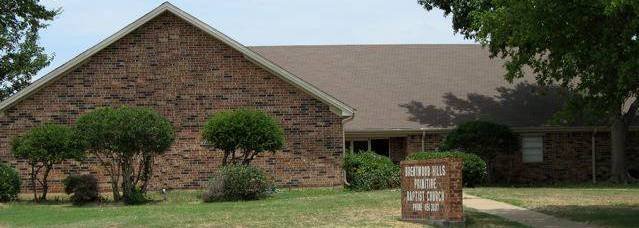Who Is Jude?
15 April 2014
"Jude, the servant of Jesus Christ, and brother of James" (Jude 1a)

So who is the Jude that is the author of this epistle?
My short answer is, I don't know.
Honestly, I have narrowed it down to two possibilities in my mind and both fit the character of the author. Humor me, as I take you through my thought process that brought me to my conclusion.
There are many men that have the name Judas (Jude is the shortened form of the name) found in the New Testament. The name Judas is equivalent to the Old Testament name "Judah." Judah was a mighty patriarch of the Jews so it is no wonder why so many parents named their sons Judah. I have found at least four men named Judas in the New Testament.
Luke speaks of two:
“And the Lord said unto him, Arise, and go into the street which is called Straight, and enquire in the house of Judas for one called Saul, of Tarsus: for, behold, he prayeth,” (Acts 9:11)By a simple analysis of the context, we can see that these are two different men that have the name Judas. I do not believe either one of these is the author of the Epistle of Jude.
“Then pleased it the apostles and elders, with the whole church, to send chosen men of their own company to Antioch with Paul and Barnabas; namely, Judas surnamed Barsabas, and Silas, chief men among the brethren:” (Acts 15:22)
The third is Judas Iscariot, who betrayed the Lord. Judas Iscariot killed himself before the crucifixion of Jesus and cannot be the author. I actually believe the wording by the true author, as well as using the name Jude rather than Judas, is to distinguish himself from from Judas Iscariot.
The remaining two men with the name Judas have equal support of historians as being the author of this epistle.
One of the possibilities is that he is one of the twelve apostles.
“and Judas the brother of James, and Judas Iscariot, which also was the traitor.” (Luke 6:16)
This Jude is the same person that Matthew calls Lebbaeus Thaddaeus.
“Philip, and Bartholomew; Thomas, and Matthew the publican; James the son of Alphæus, and Lebbæus, whose surname was Thaddæus;” (Matthew 10:3)
Luke confirms which James is under consideration when he mentions that he is the son of Alphaeus, not the son of Zebedee;
“And when they were come in, they went up into an upper room, where abode both Peter, and James, and John, and Andrew, Philip, and Thomas, Bartholomew, and Matthew, James the son of Alphæus, and Simon Zelotes, and Judas the brother of James.” (Acts 1:13)
There is also strong opinion that Jude was the half brother of Jesus. Mark and Matthew also mention a Judas who is the half brother of Jesus who has a brother named James;
“Is not this the carpenter, the son of Mary, the brother of James, and Joses, and of Juda, and Simon? and are not his sisters here with us? And they were offended at him.” (Mark 6:3)
“Is not this the carpenter’s son? is not his mother called Mary? and his brethren, James, and Joses, and Simon, and Judas?” (Matthew 13:55)
Both arguments have valid weight but I lean toward the opinion that this was Jude the Apostle.
Either way, Jude does not give us enough information to truly tell, therefore it does not really matter. He distinguishes himself clearly from Judas Iscariot being brother to a man name James.
Had he mentioned either position, which he had the right to do, I think it would actually take away from his message. Rather than promoting his authority with title or relationship, Jude calls himself a servant. He reminds his readers that he is in the same boat they are. They are saved by grace and need to continually remind themselves of that fact as they resist the devil and his minions.

